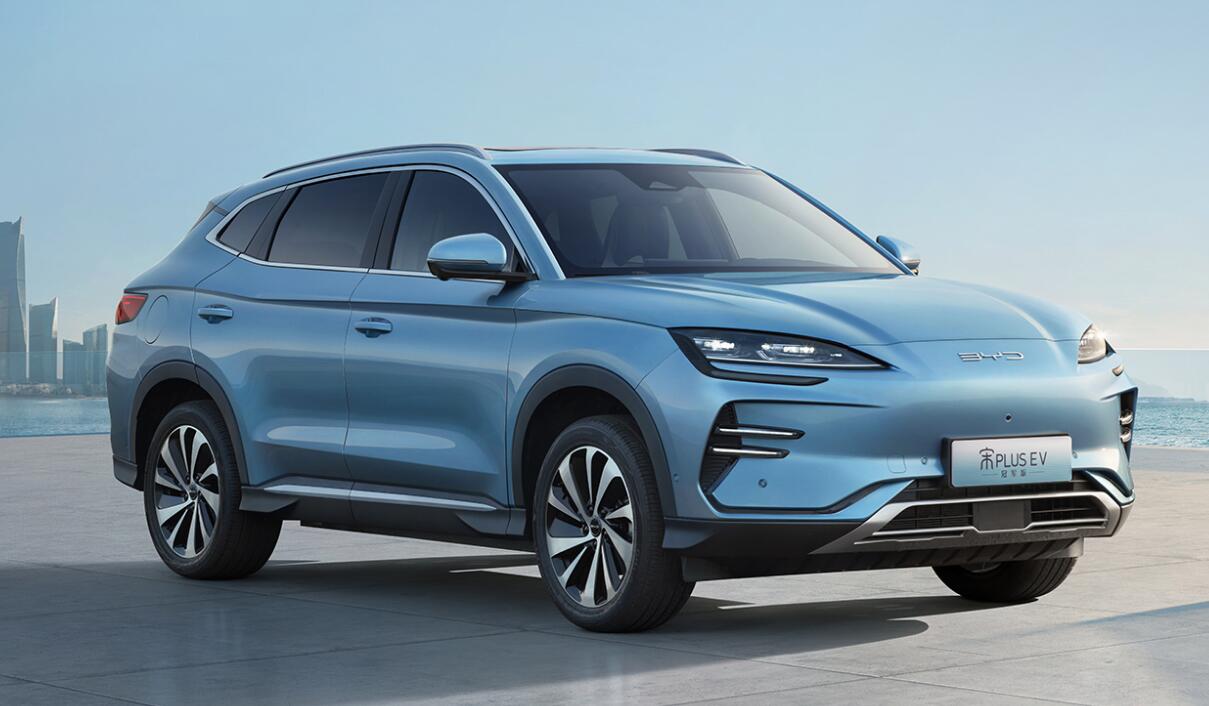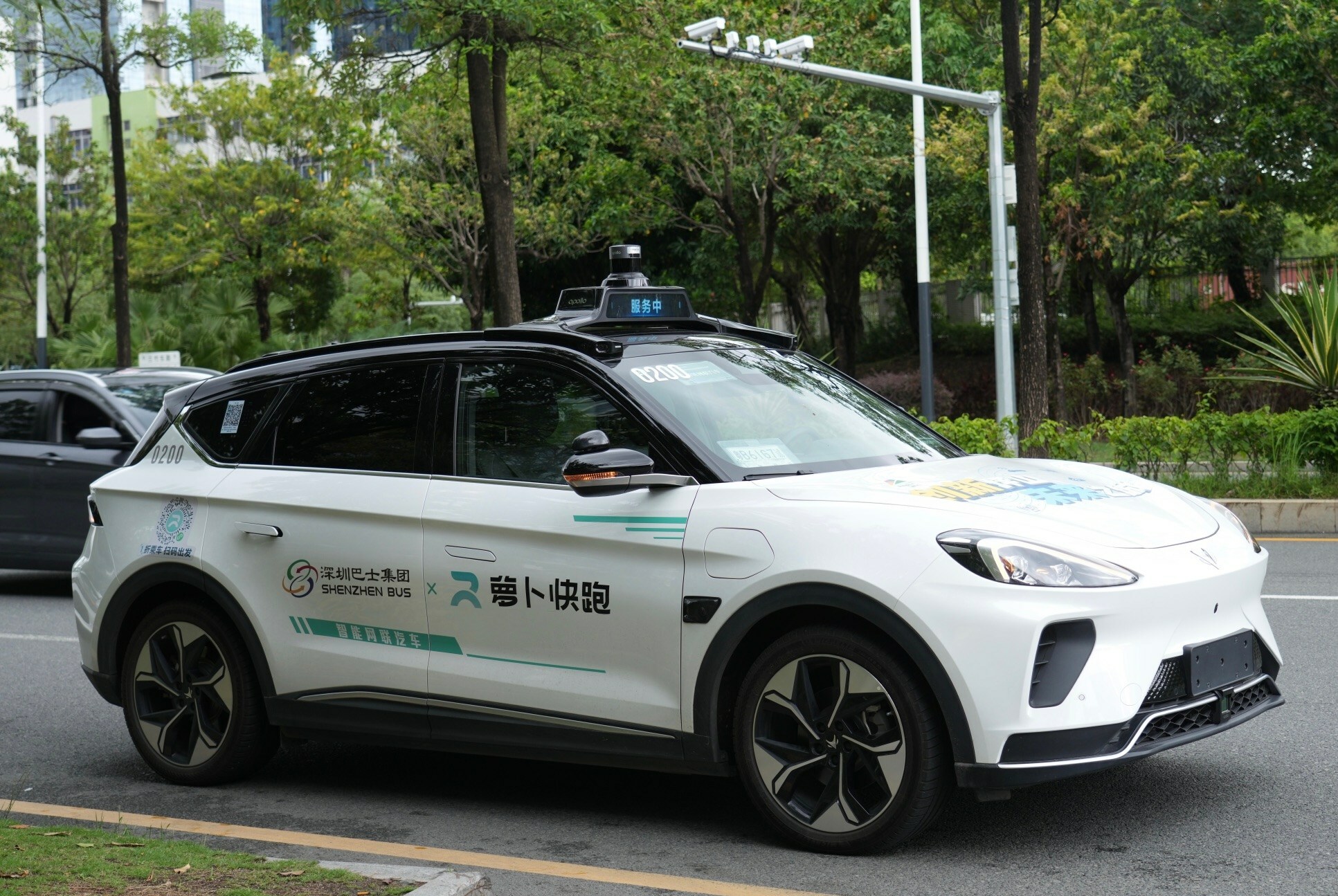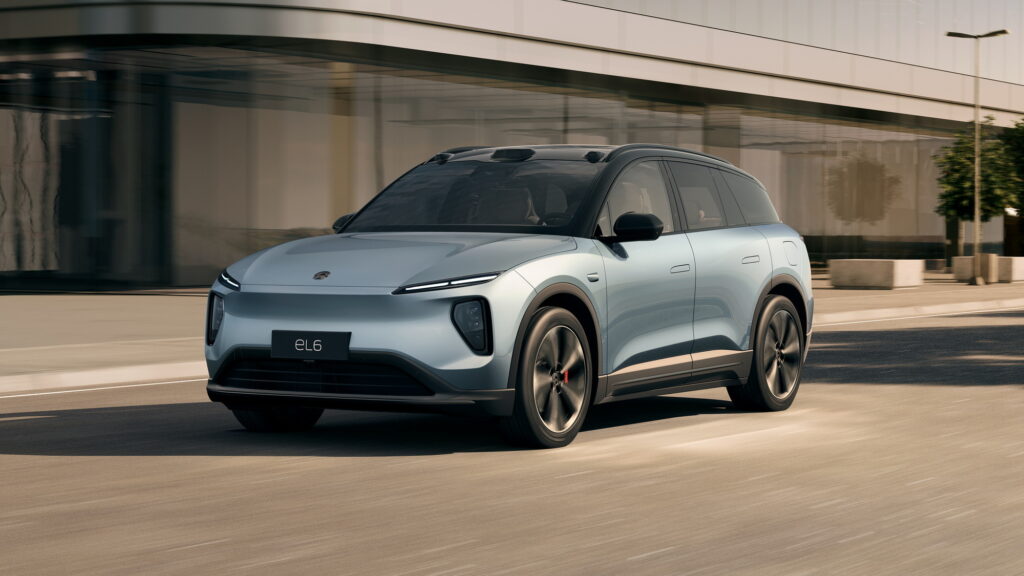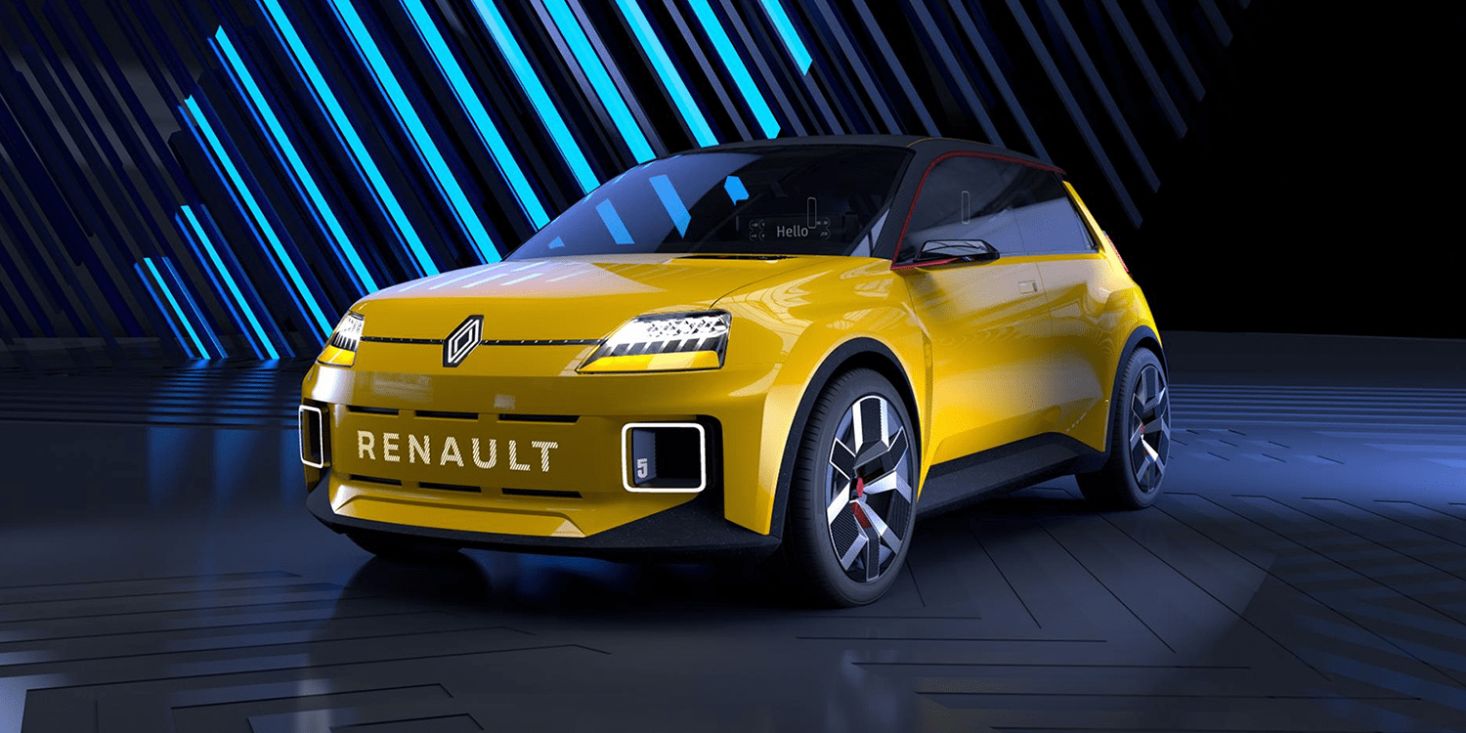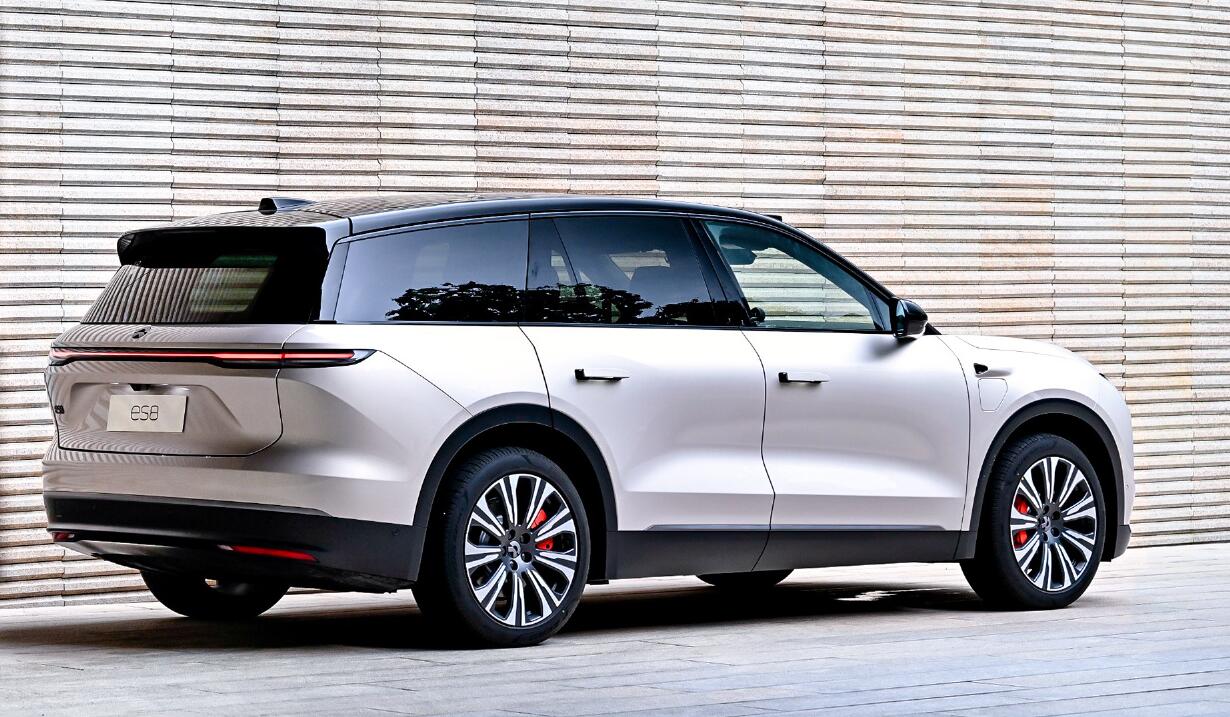China has announced its future purchase tax policy for new energy vehicles (NEVs), aiming to provide a significant boost to the industry. The policy is expected to exempt NEV manufacturers from paying over $70 billion in taxes within the next four years. Vice Minister of Finance, Xu Hongcai, revealed at a press conference that preliminary estimates suggest a total of RMB 520 billion yuan ($72 billion) will be exempted from vehicle purchase tax between 2024 and 2027.
Under the new policy, NEVs purchased between January 1, 2024, and December 31, 2025, will be completely exempted from vehicle purchase tax. However, each new energy passenger vehicle’s tax exemption will not exceed RMB 30,000, according to an official announcement by the Ministry of Finance. For NEVs purchased between January 1, 2026, and December 31, 2027, the vehicle purchase tax will be charged at half the regular rate, with a maximum tax reduction of RMB 15,000 per new energy passenger vehicle.
China initially introduced tax exemptions for NEVs in 2014 as a means to encourage the development of energy-efficient vehicles. This policy has been extended multiple times in recent years, highlighting the government’s commitment to promoting the NEV industry.
Currently, the standard vehicle purchase tax in China stands at 10 percent, applicable to traditional internal combustion engine (ICE) vehicles. By the end of 2022, China’s accumulated tax exemption for NEVs exceeded RMB 200 billion, with an expected annual exemption surpassing RMB 115 billion in 2023, according to Xu’s statements during the press conference.
Xu emphasized that the vehicle purchase tax exemption policy directly benefits consumers and plays a crucial role in fostering the growth of the NEV industry while expanding consumption. He clarified that the latest policy will not affect NEVs priced below RMB 300,000, as the vehicle purchase tax will only be imposed on the amount exceeding that threshold. Xu further explained that approximately 87 percent of new energy passenger vehicles produced in 2022 fell within the RMB 300,000 and below price range, indicating minimal impact on consumers and the market overall.
In addition to the tax exemption plan, Chinese Vice Minister of Industry and Information Technology, Xin Guobin, expressed the country’s openness to foreign investments and support for international collaboration with Chinese companies in areas such as solid-state batteries and autonomous driving. Xin also highlighted China’s encouragement for domestic companies to invest in and establish factories overseas, enabling the global dissemination of China’s advanced technologies and products. This strategy aims to ensure that people in more countries can benefit from the fruits of technological progress, according to Xin’s remarks at the press conference.

